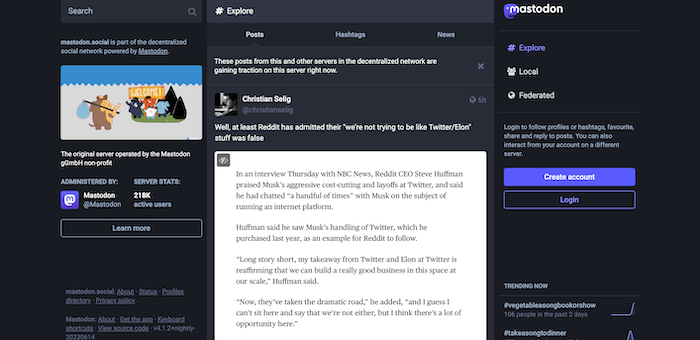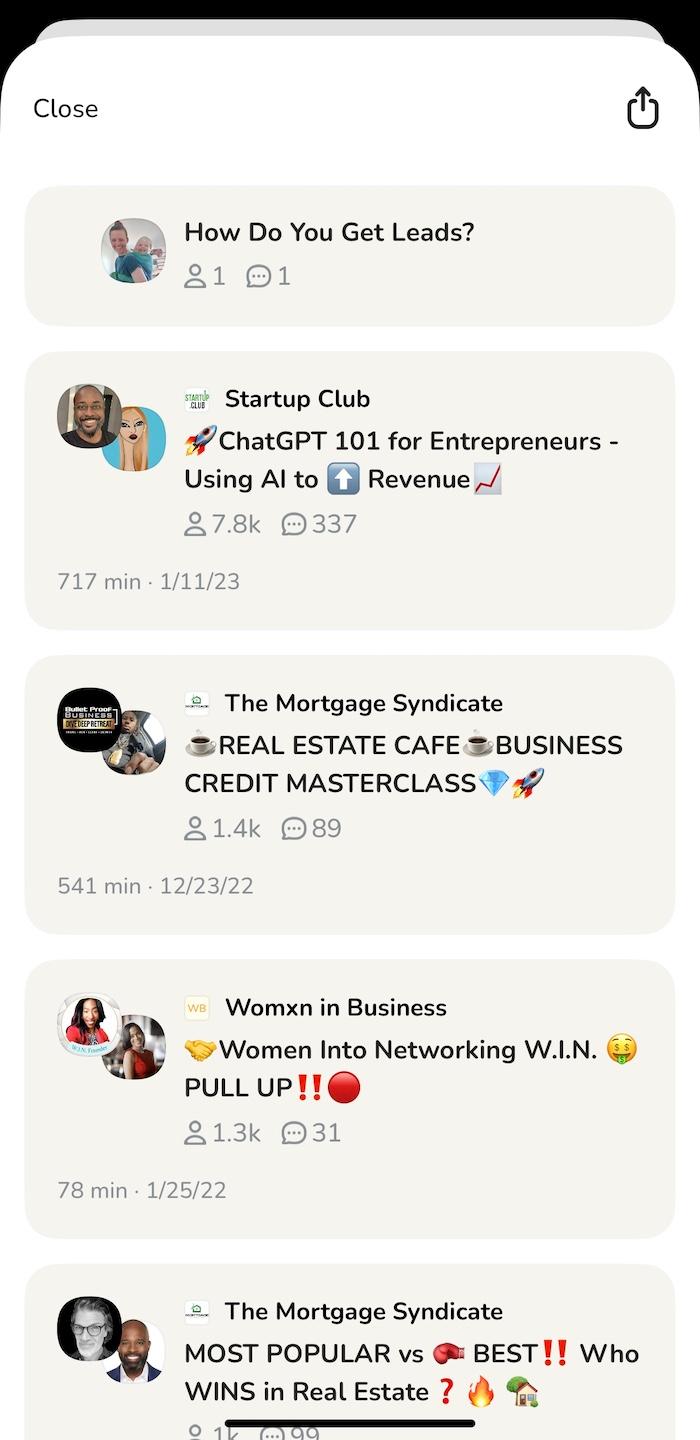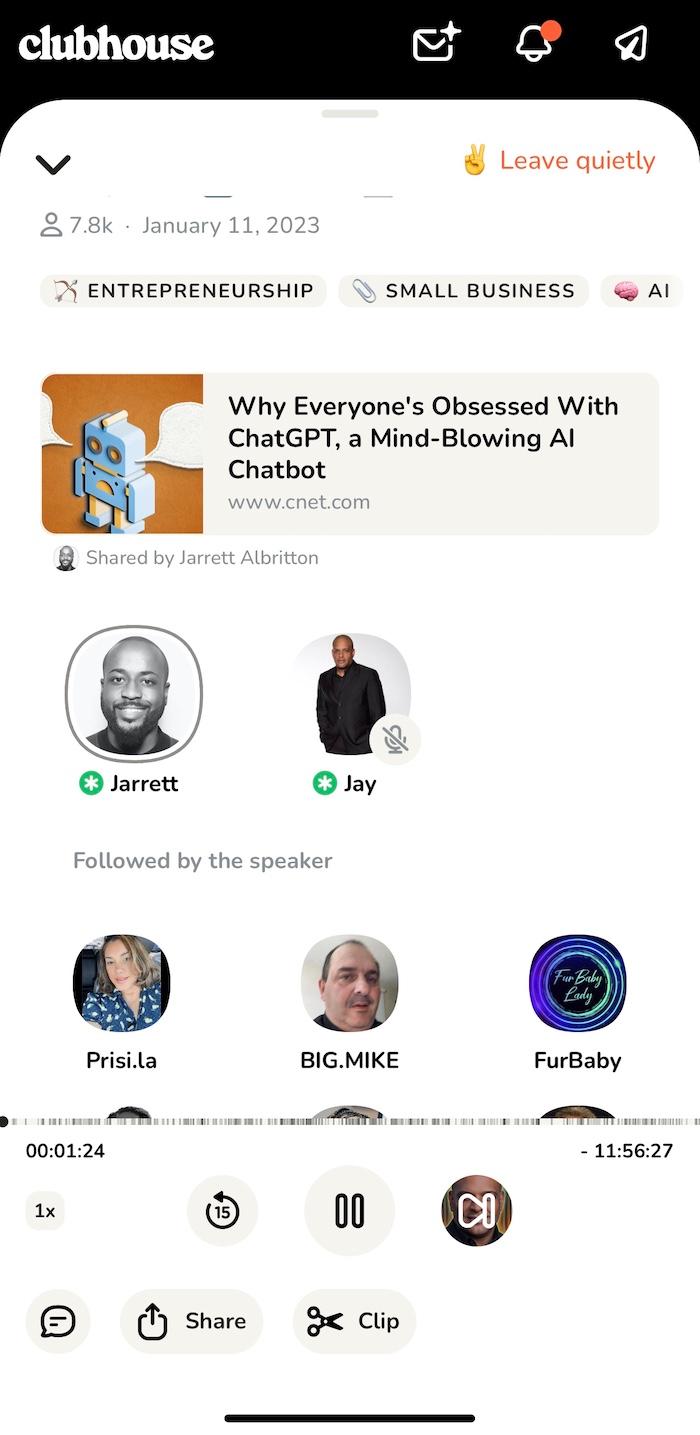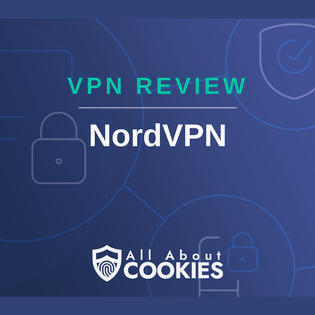Advertiser Disclosure
All About Cookies is an independent, advertising-supported website. Some of the offers that appear on this site are from third-party advertisers from which All About Cookies receives compensation. This compensation may impact how and where products appear on this site (including, for example, the order in which they appear).
All About Cookies does not include all financial or credit offers that might be available to consumers nor do we include all companies or all available products. Information is accurate as of the publishing date and has not been provided or endorsed by the advertiser.
Editorial Policy
The All About Cookies editorial team strives to provide accurate, in-depth information and reviews to help you, our reader, make online privacy decisions with confidence. Here's what you can expect from us:
- All About Cookies makes money when you click the links on our site to some of the products and offers that we mention. These partnerships do not influence our opinions or recommendations. Read more about how we make money.
- Partners are not able to review or request changes to our content except for compliance reasons.
- We aim to make sure everything on our site is up-to-date and accurate as of the publishing date, but we cannot guarantee we haven't missed something. It's your responsibility to double-check all information before making any decision. If you spot something that looks wrong, please let us know.
Twitter is one of the most popular social media sites and is used by millions of people around the world. The fast-paced platform allows users to quickly share opinions and thoughts, but recently, Twitter has been plagued by controversy.
Following major advertising drops, the bite-sized news platform has undergone a massive facelift, from a senior-level personnel exodus to changes in verification and authentication, content moderation, and more.
Twitter’s changing landscape has many users leaving the social app and wondering where to go next. Here, we break down the best Twitter alternatives to help you decide where to go, should you decide to delete Twitter.
Honorable Twitter alternatives
How to pick an alternative social network
Twitter alternatives FAQ
Bottom line
Best Twitter alternatives
Regardless of the social platform, social media privacy and safe social media sites are the main concerns for many users. Whether you’re concerned about your privacy or you’re looking for a social platform with less content moderation, there are Twitter alternatives that boast the same social connectedness and access to news as Twitter.
Below, we give a detailed summary of three of the heavy-hitting Twitter alternatives: Mastodon, Bluesky, and Clubhouse, but those are far from the only options. Here’s a quick guide to the most popular Twitter alternatives.
| Social site | Features |
| Mastodon | Allows users to make and moderate their own social network |
| Bluesky Social | Same look and feel of Twitter with a decentralized, open-source network |
| Clubhouse | Audio-based social platform |
| Longer form writing in forums and subforums | |
| Tumblr | Long form, microblogging social platform with the ability to engage with other user’s posts |
| Frendica | Similar to Facebook experience |
| Mobilizon | Similar to Facebook Events experience |
| Pixelfed | Most similar to Instagram |
| Hive Social | Reminiscent of MySpace pages, allowing users to highlight favorite music on their main pages |
Mastodon
Perhaps the most popular Twitter alternative is the social site Mastodon, a decentralized social network comprised of individual servers, all grouped by a central theme, topic, or interest. People can join servers, follow individuals with similar interests, and interact and engage like any other social network.
Mastodon acts like Twitter in that you can engage the same way you would on Twitter. People can share what’s on their minds, interact with other users, and start conversations around shared interests.
Both social platforms utilize short messages and organize content by hashtags, allowing users to find posts relating to a particular topic. Similarly, Twitter and Mastodon both display users’ posts in a timeline format.

Unlike many other social networks, however, Mastodon is decentralized, meaning it’s composed of thousands of individual servers. Essentially, users can create their own communities with open-source software.
This is a stark difference from many larger social media platforms. Like Facebook and Instagram, Twitter is run by one entity that’s responsible for all content regulation on the site, which may result in censorship or biased regulations. On a decentralized site like Mastodon, each server owns its own set of rules and regulations, set by the server’s community members.
Mastodon’s benefit is that the power lies in the hands of the user base. Mastodon has no algorithm or ads, so you can customize your corner of the internet with messages and updates that pertain to your interest. Each server relies on different rules and regulations, making the social platform a flexible site that caters to the needs of each user.
Bluesky Social
Bluesky, an invite-only Twitter alternative, amassed a waitlist of aspiring members when former Twitter CEO and co-founder Jack Dorsey began its development in 2019.
It’s no question the Twitter alternative bears a resemblance to Twitter in interface design, but the main page is split into two screens. One side displays feeds like classic Twitter, with status updates of individuals you follow displayed in a newsfeed. The other side, called What’s Hot, displays a series of updates deemed popular by an algorithm.
With a similar interface to Twitter, users are finding Bluesky to be more intuitive than some of the other Twitter alternatives. The social site is currently invite-only in beta. By April 2023, the site had 50,000 users on the platform.
Using its AT Protocol and a federated social network, Bluesky aims to utilize an open protocol, which allows users to see posts from multiple social platforms on one single platform. For example, currently, tweets are visible from Twitter and posts are visible from Instagram or Facebook. An open protocol would potentially allow all of those updates to be seen seamlessly between platforms.
Bluesky touts the ability (federated social) for users to connect with any user on any platform using the AT Protocol. A federated social network acts like your email address. If you have a Gmail account, you can email someone with a Hotmail account. A federated social account is the same idea; anyone who has an account with a social platform within a federated social network can interact with anyone else in that network.
Much like Mastodon, Bluesky plans to operate on a decentralized system, meaning the platform isn’t a single server, but rather many separate servers with their own rules and regulations. The open framework allows users to post updates on servers tailored to specific interests or communities, similar to Mastodon, so users can see more of what they want to see.
Clubhouse
For anyone looking for an audio-based Twitter alternative, there’s Clubhouse. Clubhouse allows users to send personalized video messages to friends and family.

Users enter Rooms where they can listen to and participate in audio calls on various topics, kind of like a live conference call. Users can also browse a Hallway that features status updates, live and upcoming Rooms, and replays on relevant topics.
Clubhouse boasts an engaging and interactive way to learn and connect with different users and is one of the only Twitter alternatives to utilize live video components. The app’s interactivity is a unique benefit to the platform, allowing users access to live, unfiltered conference-call-style broadcasts.

While Clubhouse gives you access to experts in all industries, there is no verification process, so an ‘expert’ might, in fact, be someone who really doesn’t know what they’re talking about. As with anything online, do your research and be wary of misinformation.
Honorable Twitter alternatives
Mastodon, Bluesky and Clubhouse are some of the most popular Twitter alternatives, but for those users looking for other Twitter alternatives, consider these options:
On Reddit, users can post different types of content, including short-form and long-form text, images, links, and multimedia. The platform is organized into specialized, topic-based communities called subreddits, each with its own set of rules and regulations.
Reddit users can also send direct messages to each other. Ad-free browsing is available with a premium membership.
Tumblr
This comparison might not be as far-fetched as you think. Tumblr is known for more long-form posts, but users can post text, images, gifs, videos, and more.
Updates are displayed similarly to Twitter’s feed. Users can organize content with hashtags, and leave notes on posts, similar to commenting on Twitter, and like, share, and repost content; there is also a trending topics section. Similar to Reddit, users can access an ad-free experience by upgrading to a paid membership.
Friendica
Friendica's platform is built on profile pages and friend posts, giving you a Facebook feel. Like other social platforms, users are able to use hashtags and tag other users.
Mobilizon
Mobilizon is a free, open-source platform similar to Facebook Events, allowing users to create events and keep participants up to date with any event changes.
Pixelfed
Pixelfed is most similar to Instagram, allowing users to crop, filter, and upload images to share with their feed.
Hive Social
On Hive Social you can follow users and like, comment, and reshare their posts with a user-friendly interface, chronological feed, and customizable dashboard.
How to pick an alternative social network
There’s a lot of competition among Twitter-like platforms, and it can be difficult to choose which one is the best alternative. Mastodon might be the best known, but there are many competitors out there vying for the status of best Twitter alternative. When you are ready to switch over from Twitter, there are a couple of factors to consider.
A social platform is only as good as the users on the platform itself. Meaning, if people you’re interested in hearing from aren’t on the same platform, you’re going to miss out on their posts. Consider the level of content moderation you’re comfortable with and what sort of precautions the platform uses to keep you and your posting safe.
When choosing a social network, look at privacy and security regulations. Strong passwords aren’t enough protection these days. Look for a Twitter alternative that offers two-factor authentication, and if you’re choosing to stay on the blue bird app, secure your Twitter account.
Reasons to use a Twitter alternative
Giant social media companies, like Twitter, Instagram and Facebook, brought people together in a way that had never been done before. But the media moguls exacted hidden costs that many users weren’t always privy to, like extracting personal data to better target monetized ads or algorithmic feeds to keep users engaged on their sites for extended periods of time.
Things at Twitter have been a little chaotic since Elon Musk’s takeover in 2022. There have been verification issues, ban reversals, and massive layoffs, including Musk himself stepping down as Twitter CEO. The staggering changes have led many users to seek Twitter alternatives that offer the same social connectedness with enhanced privacy and security.
Many of the Twitter alternatives shared here are similar to Twitter in many ways, but there is a stark difference in one word: decentralization. Twitter, and other social media platforms like Facebook and Instagram, are centralized, meaning they are owned by one single company or entity. That company handles all the tasks of running a social platform, including building an algorithm, moderating content, and more. But because these Twitter alternatives are open-source and decentralized, these platforms are less beholden to big-company whims or objectives.
The DIY theology of open-source networks means that people, hypothetically speaking, are shielded from seeing NSFW content without it being completely banned from the site, allowing for a greater range of free speech and less moderation.
Twitter alternatives FAQ
Should I get off Twitter?
Jumping the Twitter ship is largely a personal decision and depends greatly on how you not only use the social media site, but how you feel about the site and its stance on privacy, content moderation, and verification.
What are decentralized networks?
Decentralized networks are systems that run on independently operated servers, meaning there isn’t one big umbrella company that owns the network. Decentralized networks tend to give users more control and autonomy, creating a social experience unique and personal to them. Content isn’t moderated by one entity; rather, an individual sets rules and regulations for each individual server, so users can find a balance they enjoy and are comfortable with.
Are people quitting Twitter?
The short answer is yes, people are leaving Twitter. According to data from Statista, the number of Twitter users has dropped since 2022, and is projected to drop even more in 2024.[1]
Bottom line
As technology advances and more social media alternatives emerge, it’s more important than ever to determine what’s important to you as a user. Joining social media sites means you are sharing personal information online, and that shouldn’t be taken lightly.
Decentralized and open-source Twitter alternatives make a social experience much more customizable and personalized to your needs and interests, allowing you to stay connected while also using a platform that aligns with your values.
Also, if you're concerned about your privacy on social media, you may want to consider using an ad blocker to remove trackers that log your data and online activity. We've tested and picked out the best ad blockers for online privacy — and as a bonus, you'll see fewer annoying ads too.
-
Remove ads & trackers on YouTube, Facebook, and most websites
-
Hands-off ad-blocking experience
-
Easy to set up
-
Free version excludes top 15,000 websites





